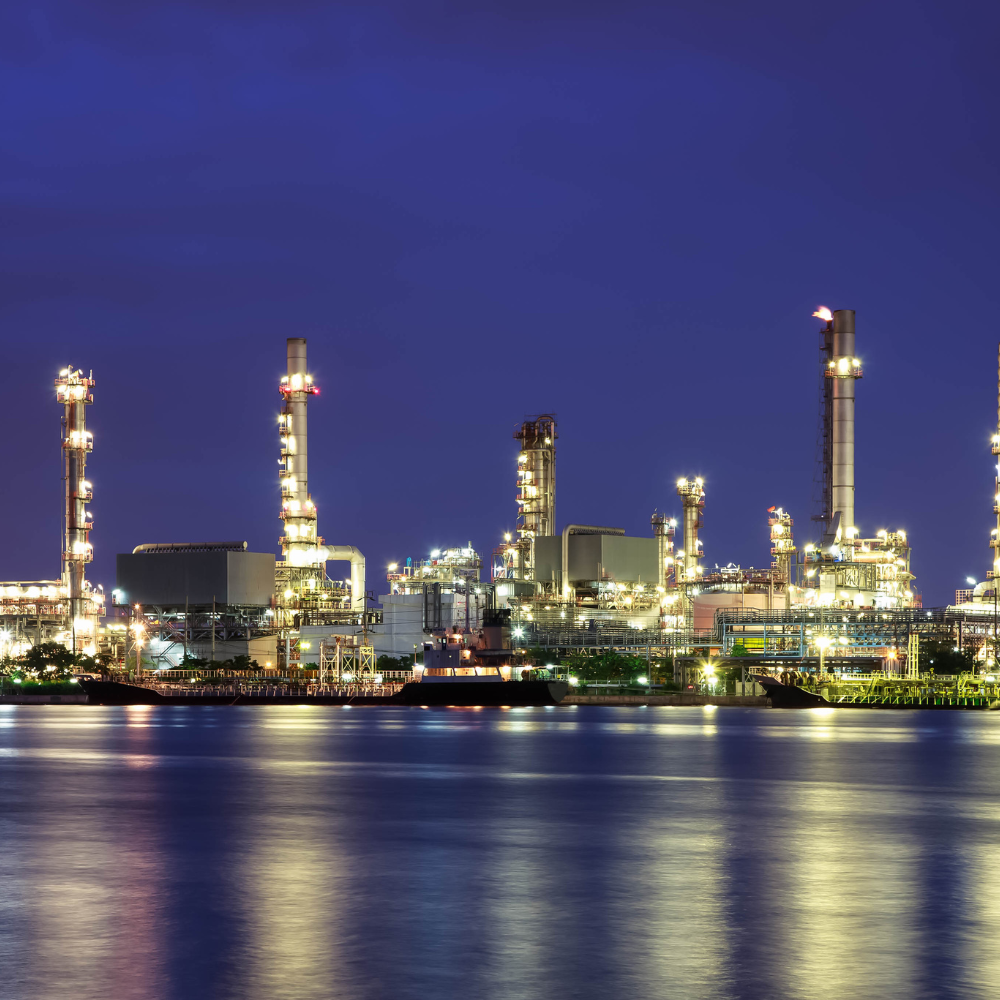
Energy prices surged last year after Russia invaded Ukraine, this was reported by Oil and gas giant Shell. The profits rose to $39.9bn (EUR 32.2bn) in 2022. This was double of last year’s total and the highest in 115-year history. Shell is one of the leading oil and gas industries.
This has built more pressure on firms to pay more tax as households grapple with rising bills. The windfall tax called the Energy Profits Levy was introduced by the UK government last year. This was based on the profits of firms to help fund its scheme to decrease gas and electricity bills. It was after the end of Covid lockdowns that the energy prices began to rise but it was only in March last year after the events in Ukraine that led to panic over supplies.
Brent crude oil prices reached nearly $128 a tank following the invasion. However, the prices have decreased to $83. Gas prices have spiked too but have come down from their highs. This has led to high profits for energy companies along with the rise in energy bills for businesses and households. As the food prices have risen it has pushed inflation, the rate at which prices rise to a 40-year high.
Even with the government’s windfall tax Shell previously mentioned that it did not expect to pay any UK tax within this year. This is because Shell is allowed to offset decommissioning investments and costs in UK projects against any UK profits.
The mentioned numbers appear small when compared to its profits, Shell only gains 5% of its revenue from the UK. The remaining is made and taxed in other jurisdictions. There are many who assume that a UK headquartered company that has set a new record for corporate profits should be paying more, while there are others who notice that Shell had paid a higher amount to its shareholders than it spent on renewable investments.
Gas and electricity bills are being limited by the government. This means that a household that uses a certain amount of energy will pay EUR 2,500 a year, although this will rise to EUR 3,000 in April. The prices are still twice as much as it was before Russia’s invasion. A windfall tax was introduced in May by the government on profits made from extracting UK oil and gas. The original rate was set at 25% which has now been increased to 35%.
Gas and oil companies that are operating in the North Sea are taxed differently than other companies. 30% corporation tax is paid on the company’s profits along with an additional 10% rate. They also pay the windfall tax which now combines to a total tax rate of 75%.
Companies now are able to decrease the amount of tax they pay by factoring in losses or disbursing on things like decommissioning North Sea oil platforms. This means that energy giants such as Shell and BP have paid little or no tax in the UK in recent years.



